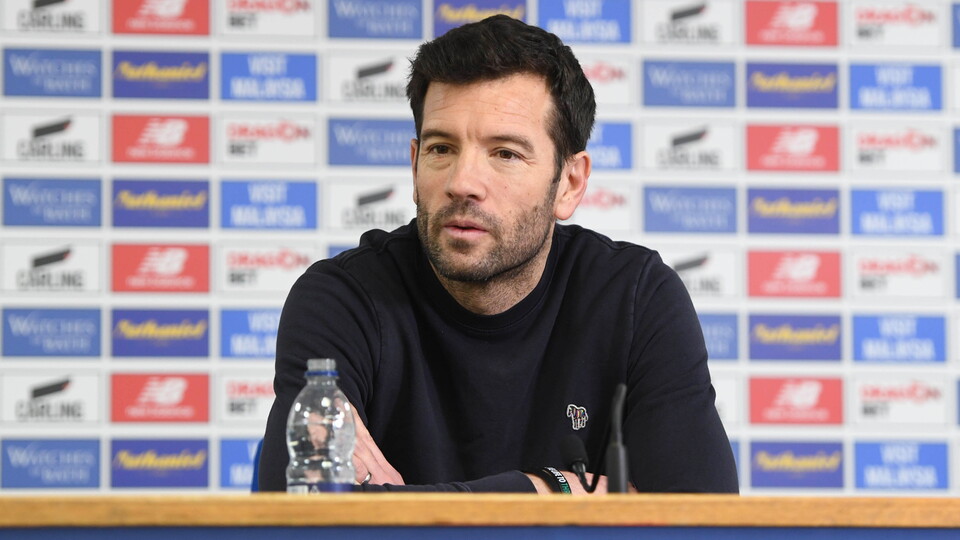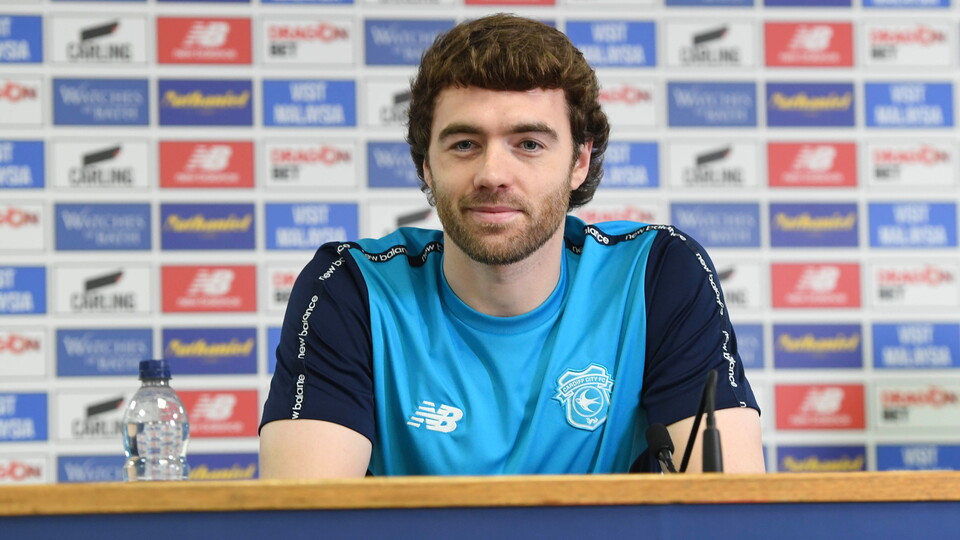Most football fans are aware that Cardiff City became the first (and only to date) Club to take the FA Cup out of England in 1927. Indeed, as the classic joke goes, if you were to find a lost credit card on the terraces of the old Bob Bank, you would have a good chance at guessing the pin number.
However, City did not begin their campaign at Wembley on that famous April afternoon. The story of how they got there contains moments almost equally compelling. We remember the Bluebirds’ fifth round victory away to Bolton Wanderers in the February of 1927.
The Cardiff City team, led by Fred Keenor, had already seen off Aston Villa and Darlington on their way to this stage, however, they were certainly considered the underdogs as they headed north to Lancashire.
Bolton Wanderers were firm favourites as FA Cup holders and and also challenging at the top of the First Division. A crowd of 49,465 fans packed into the hostile Burnden Park, firmly expecting the Trotters to progress into the next round of the competition.
The game began with a frenetic pace that didn’t let up throughout the contest. The Bluebirds had an early penalty shout, when Bolton defender John Cope seemed to handle the ball inside the area, however appeals were waved away by the referee.
This let off appeared to spur the home side into action and midway through the first half they had a golden chance of their own. David Jack fired a shot from outside the area that cannoned off the bar and appeared to land just over the goal line. However, with goal line technology some 87 years away from implementation in the English game, the referee could not be certain that it was a goal, and signalled play on.
Undeterred, Bolton continued to throw everything they had at City, looking to force the breakthrough. However, the Cardiff defence, marshalled by the imperious Keenor, were able to withstand wave after wave of attacks.
With half-time approaching, Burnden Park was silenced by a Hughie Ferguson penalty for the Bluebirds, following another hand ball appeal. The prolific Scottish marksman would go on to play a key part in an even more important goal at Wembley later in the season.
In the second half, Wanderers never really recovered from the shock of going behind and Cardiff were able to assert more authority on the game. With twenty minutes to go, Cardiff City’s all time record goal scorer, Len Davies, made sure of the result. Scorer of City’s first, Ferguson, turned provider and his cross was clinically despatched into the net by Davies to send City into the sixth round.
Incidentally, this game was also significant as it marked the adoption of ‘Trixie’ as the Bluebirds' official FA Cup mascot. Hughie Ferguson found the black cat roaming the Royal Birkdale golf course in the lead up to the game and believed her to be a good omen. Trixie accompanied the team to the final and certainly fulfilled her role as a lucky mascot.
After the Bolton win, the Bluebirds relentlessly marched on, beating Chelsea in the next round before confidently seeing off Second Division Reading, 3-0 at Molineux in the semi final. Following that performance, it was only Arsenal that stood between City and FA Cup triumph at Wembley. Of course, the rest is history.









